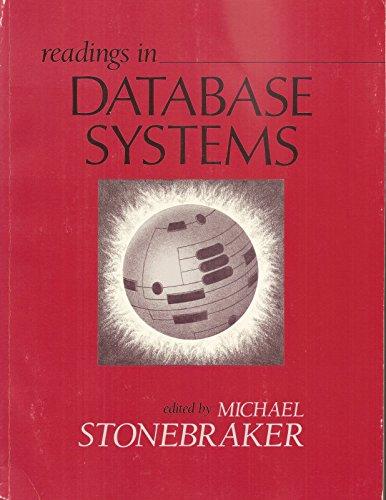Question
Consider the following three algorithms for determining whether anyone in the room has the same birthday as you. Algorithm 1 : You say your birthday,
Consider the following three algorithms for determining whether anyone in the room has the same birthday as you.
Algorithm 1: You say your birthday, and ask whether anyone in the room has the same birthday. If anyone does have the same birthday, they answer yes.
Algorithm 2: You tell the first person your birthday, and ask if they have the same birthday; if they say no, you tell the second person your birthday and ask whether they have the same birthday; etc, for each person in the room.
Algorithm 3: You only ask questions of person 1, who only asks questions of person 2, who only asks questions of person 3, etc. You tell person 1 your birthday, and ask if they have the same birthday; if they say no, you ask them to find out about person 2. Person 1 asks person 2 and tells you the answer. If it is no, you ask person 1 to find out about person 3. Person 1 asks person 2 to find out about person 3, etc.
Question 1: For each algorithm, what is the factor that can affect the number of questions asked (the "problem size")?
Question 2: In the worst case, how many questions will be asked for each of the three algorithms?
Question 3: For each algorithm, say whether it is constant, linear, or quadratic in the problem size in the worst case.
Step by Step Solution
There are 3 Steps involved in it
Step: 1

Get Instant Access to Expert-Tailored Solutions
See step-by-step solutions with expert insights and AI powered tools for academic success
Step: 2

Step: 3

Ace Your Homework with AI
Get the answers you need in no time with our AI-driven, step-by-step assistance
Get Started


